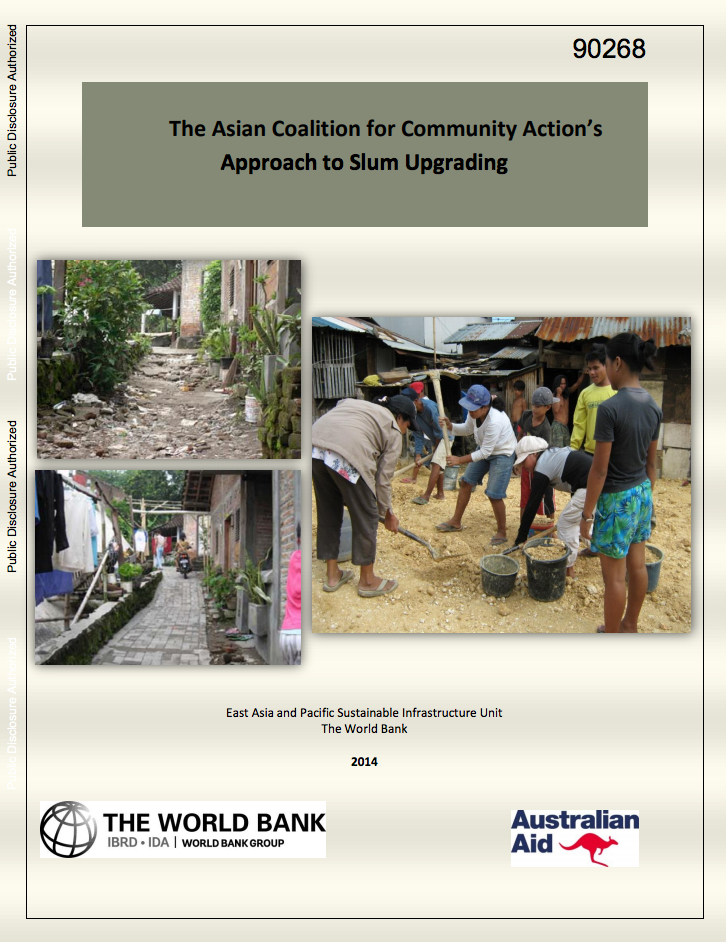Women's Empowerment and Socio-Economic Outcomes : Impacts of the Andhra Pradesh Rural Poverty Reduction Program
The paper explores whether one of the
largest programs in the world for women's empowerment
and rural livelihoods, the Indira Kranti Patham in Andhra
Pradesh, India, has had an impact on the economic and social
wellbeing of households that participate in the program. The
analysis usespanel data for 4,250 households from two rounds
of a survey conducted in 2004 and 2008 in five districts.
Propensity score matching was used to construct control


